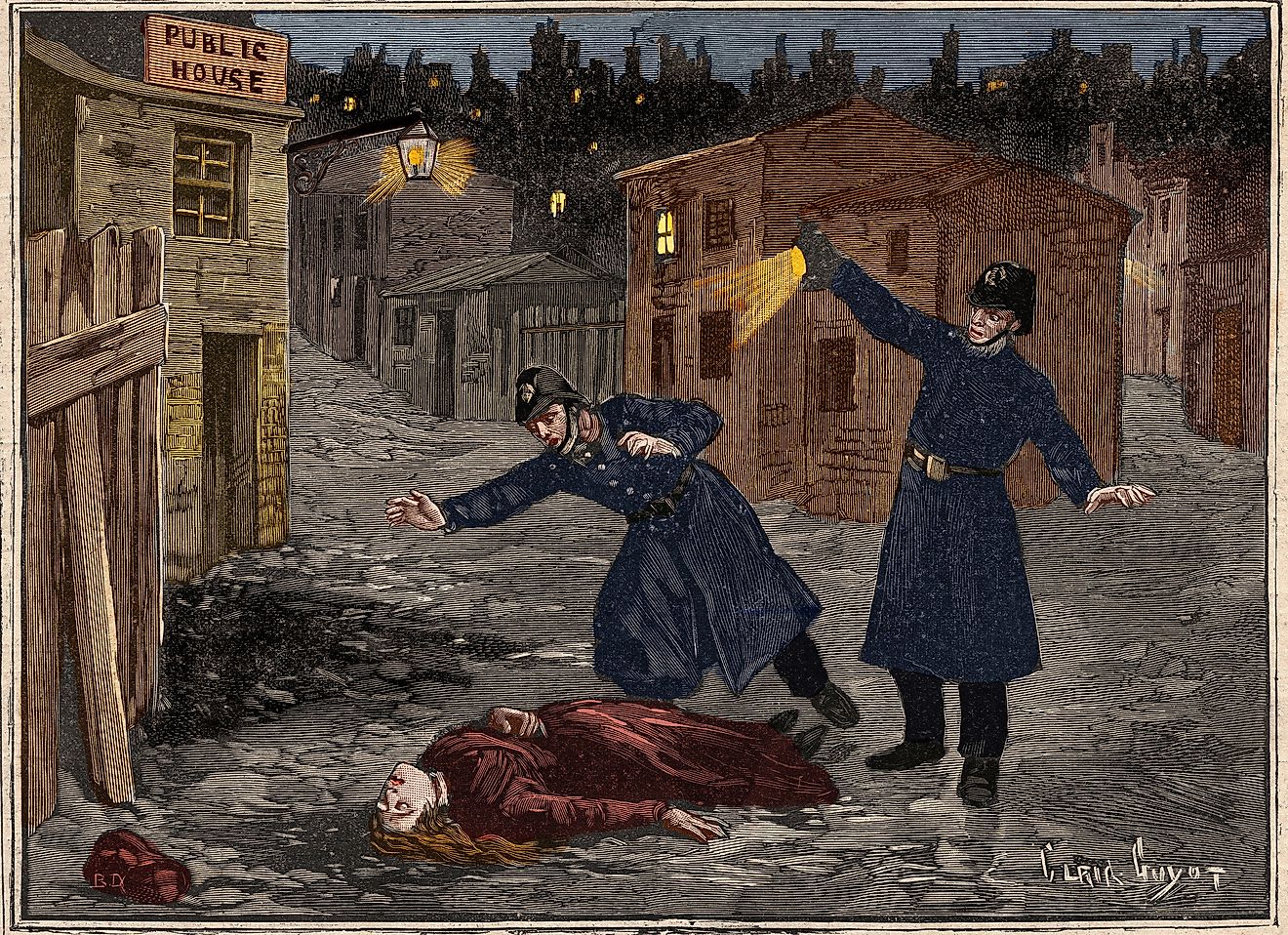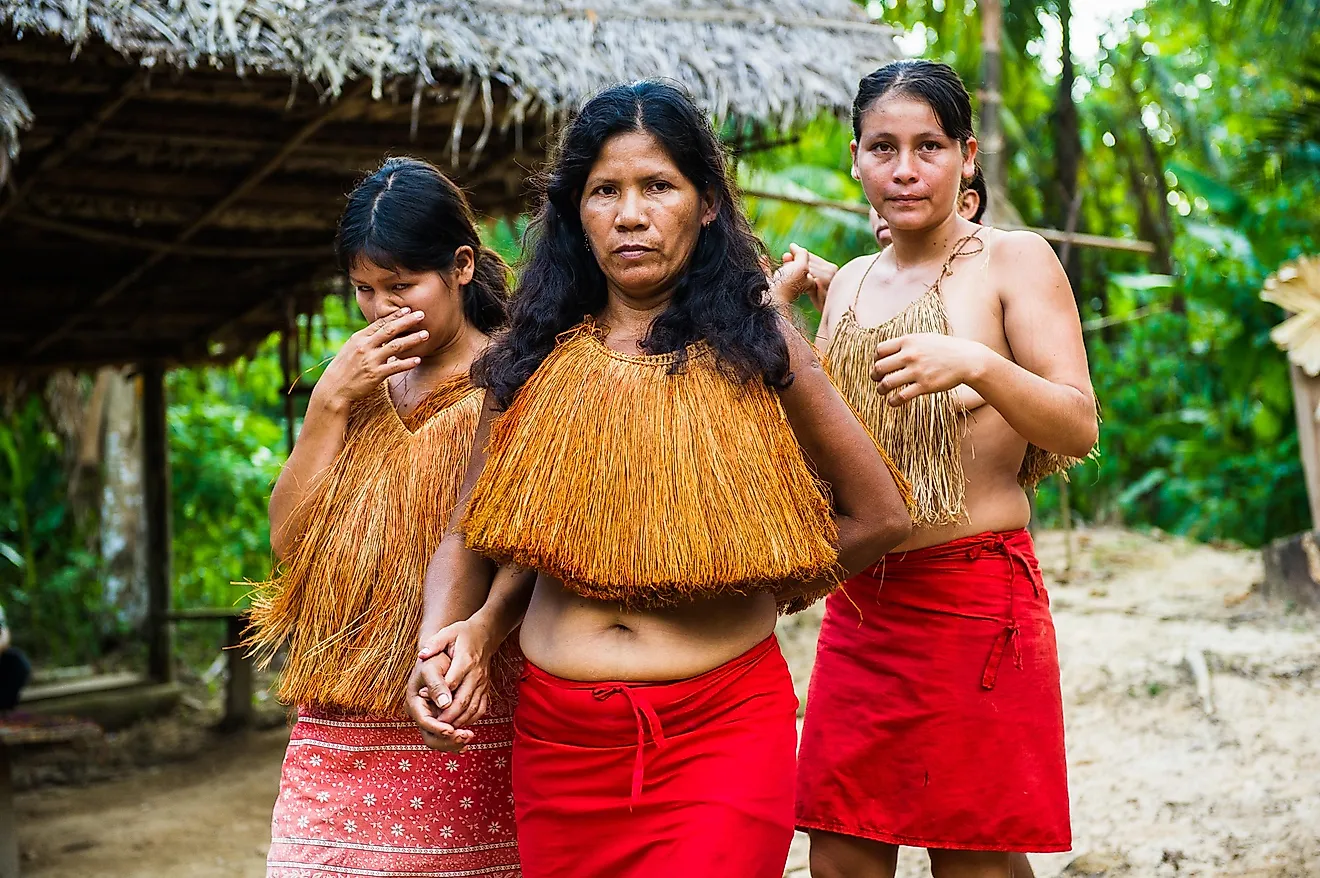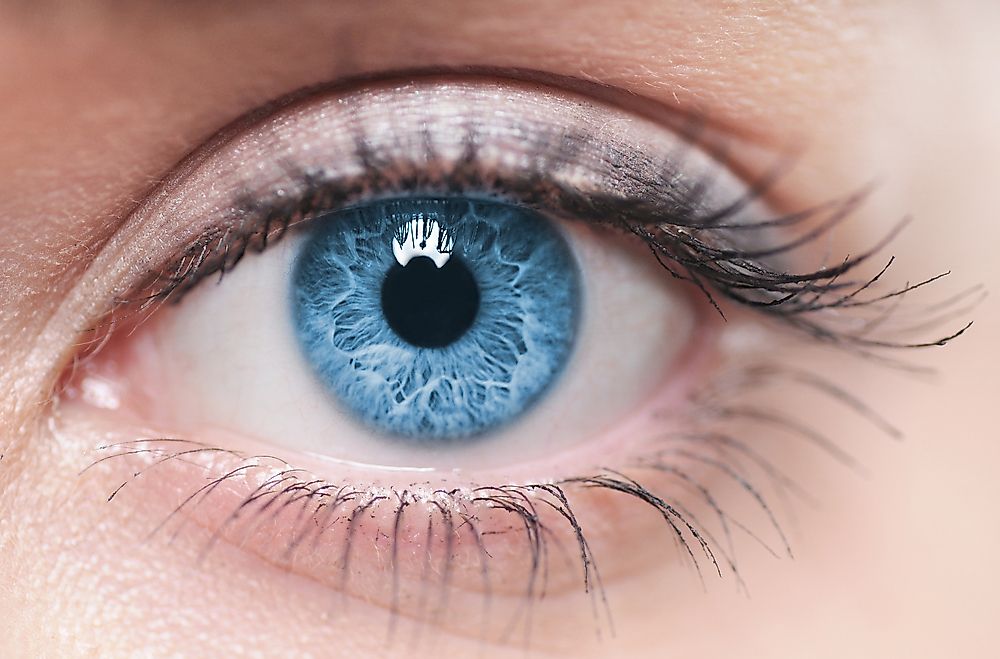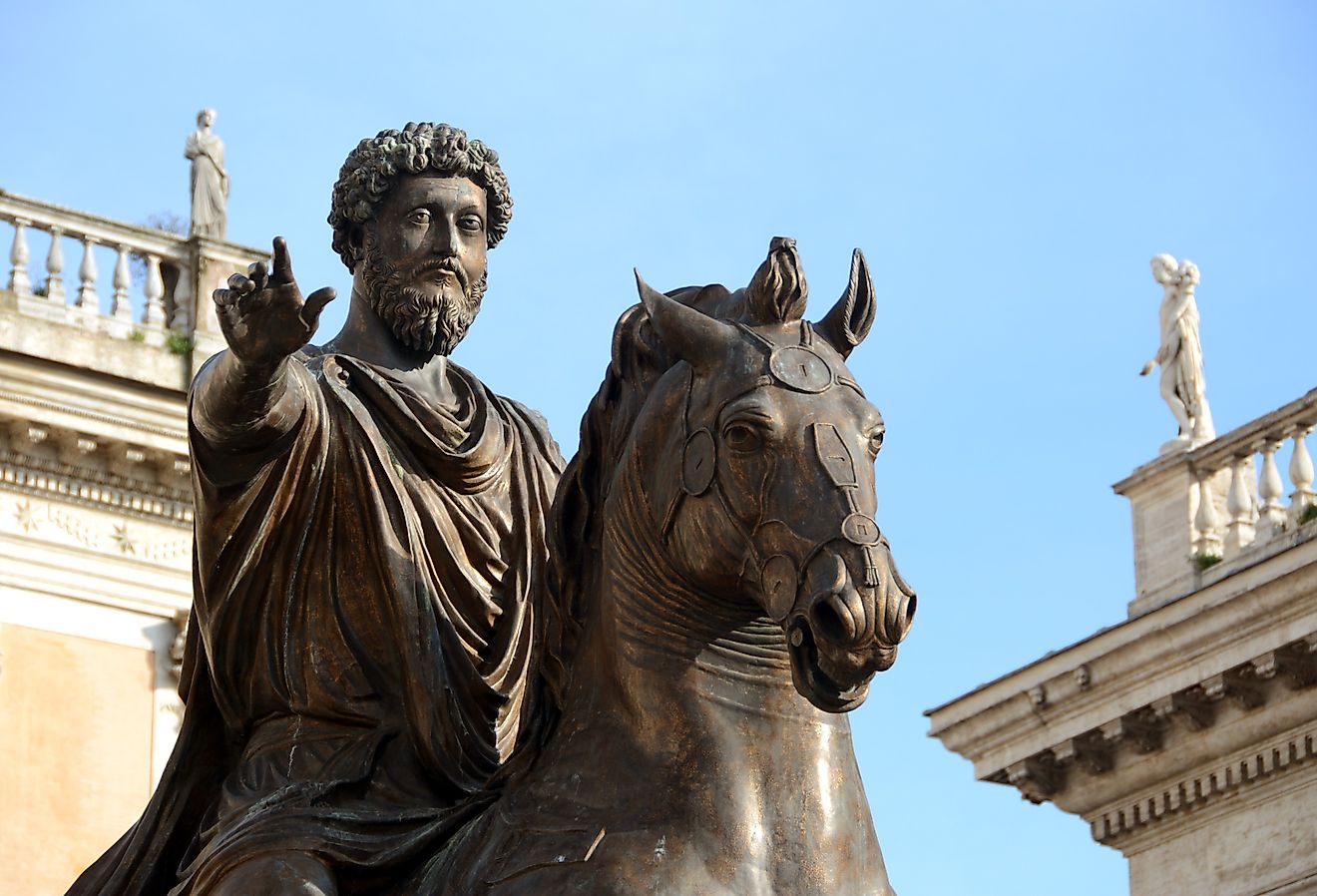How Have The Summer Olympics Changed In 120 Years?
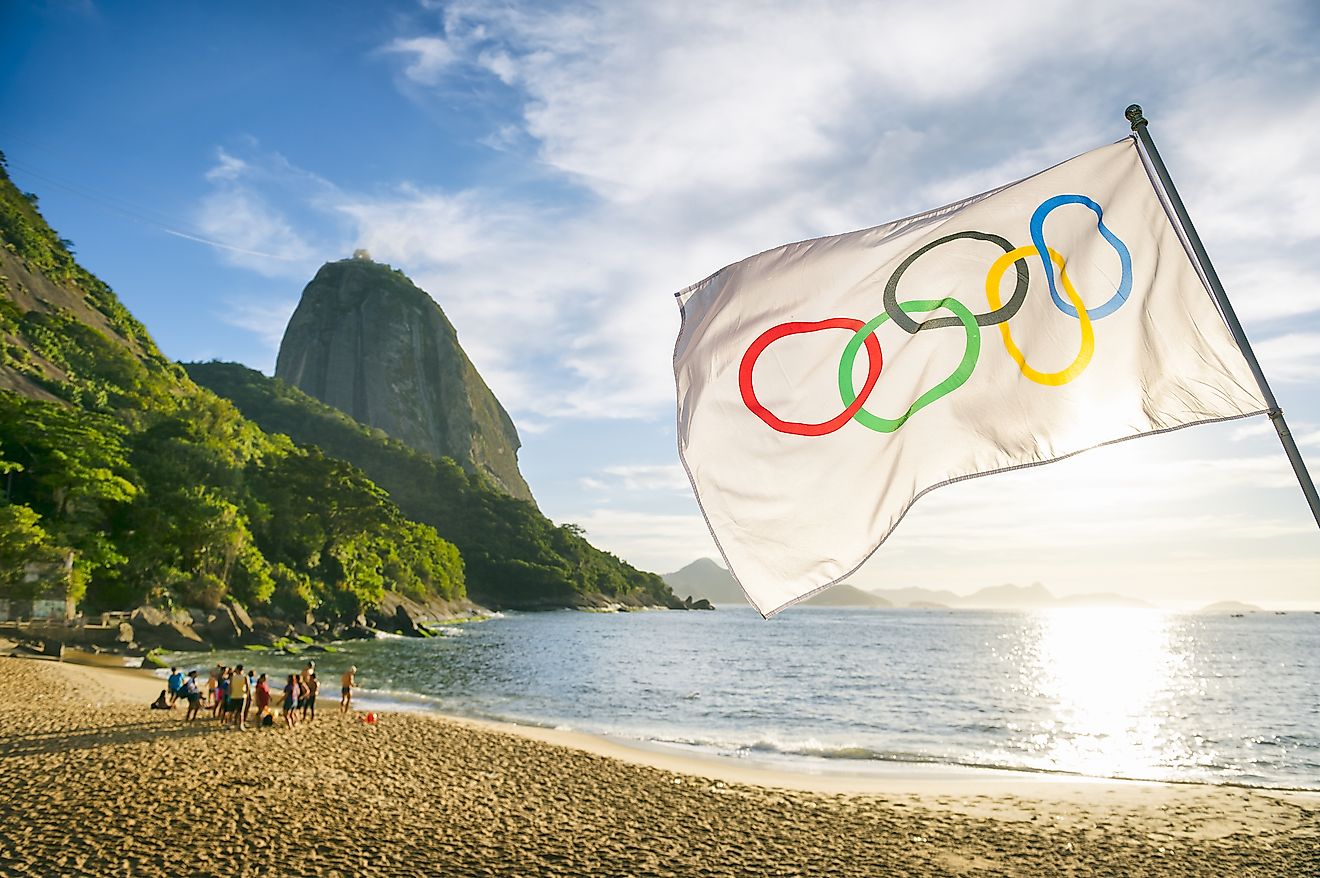
- The 1896 Summer Olympics in Athens, Greece, marked the beginning of the modern Summer Olympic Games.
- One of the drastic changes that have characterized the Summer Olympic Games is the increased number of participating athletes and countries.
- 1900 Olympic Games was a milestone for women as they were allowed to participate in the Games for the first time.
The 1896 Summer Olympics in Athens, Greece, marked the beginning of the modern Summer Olympic Games. Since then, the multi-sport event has been hosted in 19 different countries across five continents. The last summer games were held in Rio de Janeiro in 2016.
The 28th edition of the Games or the Games of XXXII Olympiad will be held in Tokyo from July 23 to August 8, 2021. While a few elements will forever remain a part of the Summer Olympic Games, the sporting event has evolved dramatically over the years. Here are some of the notable changes over the years.
Increased Number Of Participants

One of the drastic changes that have characterized the Summer Olympic Games is the increased number of participating athletes and countries. The inaugural modern Olympic Games in 1896 featured only 14 nations, among them the United States, Chile, France, Germany, and host Athens among other countries. The countries were mainly from Europe (12), North America (1), and South America (1). Only 241 athletes (All male) took part in the inaugural games. In the 1900 Summer Games, the number of participating nations doubled to 28, and the number of athletes more than quadrupled to 997, including 22 women. Around 11,000 athletes from 206 countries are expected to participate in the Tokyo 2020 Summer Olympic Games.
Increased Number Of Sports And Events
Apart from the number of participating athletes and countries increasing over the years, the number of sports and events has also increased significantly. Only 43 events in nine sports took place in the 1896 Games. Four years later, the number of sports increased to 19 and the events to 95. The 2016 Summer Olympics featured 306 events in 28 sports. In Tokyo 2020, 48 events will occur in one sport (swimming), more than the total events in 1896. Five new sports will be included in the 2020 Games, increasing the number of sports to 33 and events to 339.
Host Nations No Longer Determine The Sports

The early years of the modern Olympics were interesting and controversial because hosting the Games came with certain benefits. Apart from hosting the Games, the host nation dominated the decision about which sports and events to offer. Some countries took advantage of this privilege to introduce rather unusual competitions such as Jeu de Paume, croquet, rackets, tug of war, and water motorsport. However, in 1924 the International Olympics Committee (IOC) assumed the responsibility of the process and determines what a sport is and whether or not it should be included in the Games.
Female Participation
Women were neither allowed to participate nor watch the ancient Olympic Games, probably because participants competed while naked. Any woman who was caught watching the games was punished or even killed. The first modern Olympics in 1896 was also a men’s affair with all the 241 participating athletes being male. 1900 Olympic Games was a milestone for women as they were allowed to participate in the Games for the first time. However, their participation was limited to lawn and golf. Women’s gymnastics and athletics were introduced in 1928. Today, all sports include events for women.







